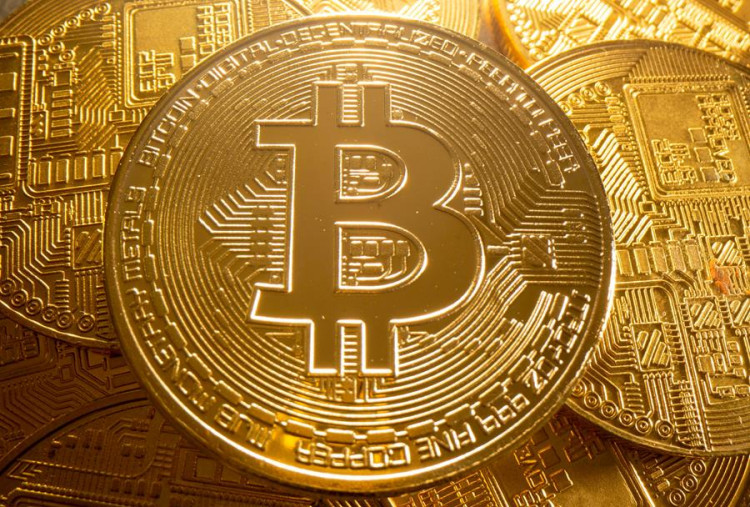Traders became increasingly hopeful that U.S. regulators would allow the launch of an exchange-traded fund (ETF) based on bitcoin futures contracts on Friday, pushing the cryptocurrency to a six-month high and close to the all-time high reached in April.
The value of the world's most valuable cryptocurrency increased by about 4% to reach as high as $59,664, its highest level since mid-April. It has more than doubled in value this year and is close to the record high of $64,895 set in April.
Bloomberg News reported Thursday that the U.S. Securities and Exchange Commission is prepared to allow the first U.S. bitcoin futures ETF to begin trading as early as next week, citing people familiar with the situation.
AAX's Ben Caselin, head of research and strategy, said bitcoin's surge above $59,000 wasn't arbitrary and that long-term investors had been accumulating bitcoin for a long time before the price spiked.
"It is widely anticipated that significant progress will be made toward the establishment of a bitcoin ETF in the United States in the fourth quarter," he said.
Caselin said a tweet from the SEC's investor education division served as a catalyst for Friday's actions.
According to the SEC's tweet, "Before investing in a fund that contains Bitcoin futures contracts, make sure you thoroughly assess the possible risks and rewards of your investment."
Investors in cryptocurrencies have been waiting for news of the approval of the country's first bitcoin ETF, and some of bitcoin's recent rally has been in anticipation of that move and the potential it has to accelerate the mainstream adoption and trading of the digital asset class.
Several fund managers, including the Galaxy Digital Funds, VanEck Bitcoin Trust, Invesco, ProShares, and Valkyrie, have submitted applications to the SEC to provide bitcoin ETFs in the U.S. This year, cryptocurrency ETFs were introduced in Canada and Europe.
Gary Gensler, the chairman of the SEC, has previously stated that the crypto market contains many tokens that may be unregistered securities, which leaves prices subject to manipulation and millions of investors exposed to hazards.
Based on the Bloomberg story, the plans by ProShares and Invesco are based on futures contracts and have been submitted under mutual fund rules that, Gensler says, give "substantial investor safeguards."





